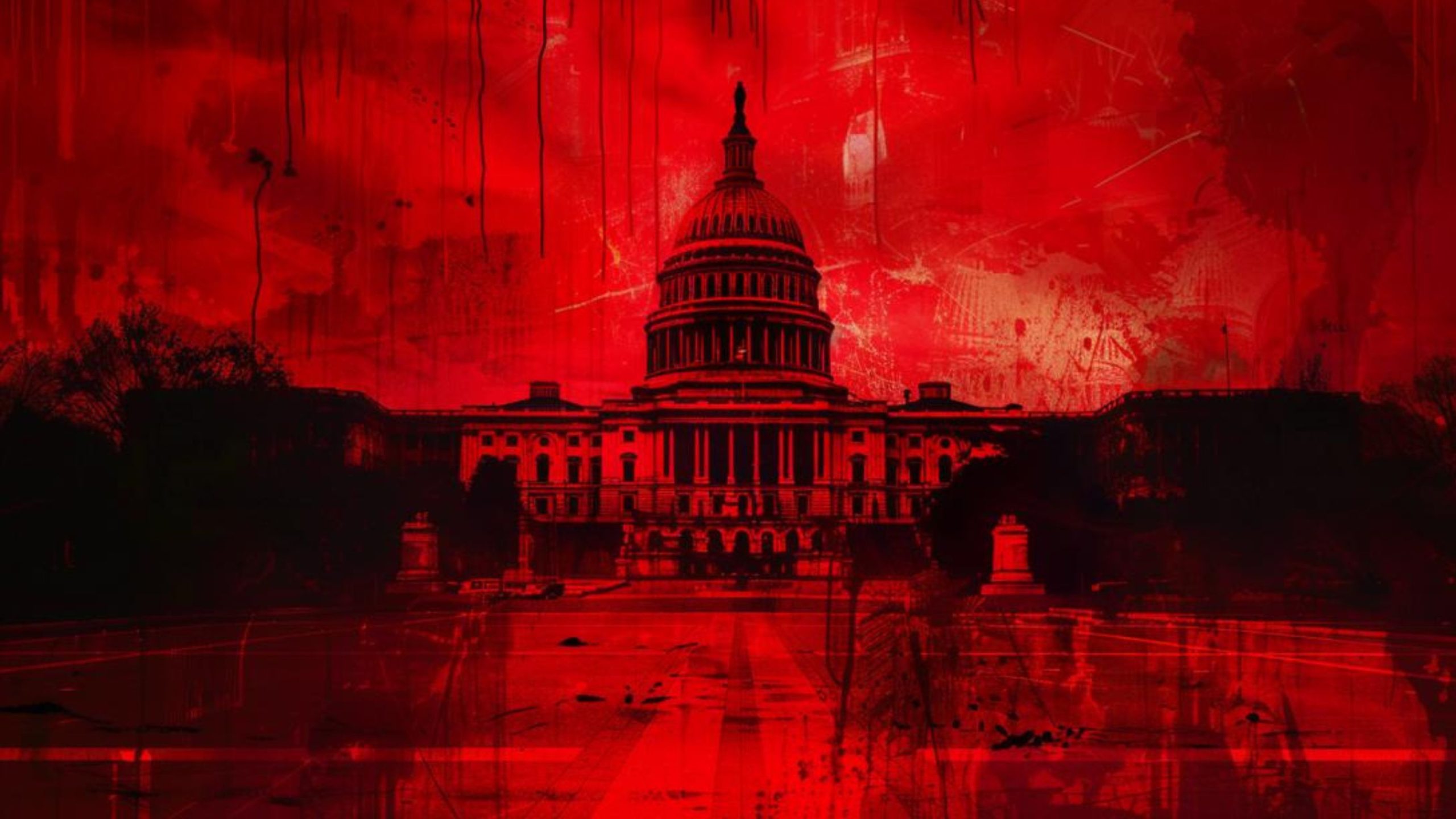The US Court of Appeals for the District of Columbia has issued an order in the United States v. Daniel Goodwyn case reimposing the computer monitoring measure against Goodwyn, a January 6 defendant.
We obtained a copy of the order for you here.
Goodwyn was charged and convicted for briefly entering the US Capitol during the January 6 events, and although he stayed inside the building for just over half a minute, left when he was asked to, was not involved in violence nor did he cause any damage – it was his social media posts (among others, screenshot of public documents that show names of government employees) that were seen as a threat.
In initial proceedings in 2023, Goodwyn pleaded guilty to one misdemeanor count of trespassing. As legal experts noted, normally a first-time offender isn’t sent to jail for this, but the US District Court for the District of Columbia Judge Reggie Walton sentenced him to two months in prison.
This was accompanied by probation conditions that included unusually harsh and ongoing restrictions on Goodwyn’s online speech and access to information. Walton – a vocal critic of Donald Trump decided that Goodwyn’s computer must be “monitored and inspected” to make sure he was not “spreading disinformation.”
The appellate court then found that the district court “plainly erred” by imposing these surveillance measures. Judge Walton next decided that now, “on the heels of [sic] another election,” he was worried Goodwyn was spreading “false narratives” and therefore affirmed his original sentencing.
The defense, arguing First Amendment violation, went back to the court of appeals seeking an emergency stay of the probation conditions, but the three-judge panel ruled 2-1 to deny the motion.
Judge Gregory Katsas filed his dissenting opinion, arguing against colleagues Florence Pan and Bradley Garcia – both of whom happen to be Democrat judges.
Judge Katsas stated that Goodwyn neither used force to enter the premises nor did he attack police officers during his 36-second stay in the Capitol, as well as that in addition to 60 days in jail, a special probation condition required “the installation of software on Goodwyn’s computers that would enable the probation office to conduct ‘periodic unannounced searches’.”
“Goodwyn appealed and moved for a stay,” wrote the judge, adding, “I would grant the motion because, in my view, Goodwyn is likely to prevail on the merits and has shown an immediate irreparable injury. See Nken v. Holder (factors for stay pending appeal).”








